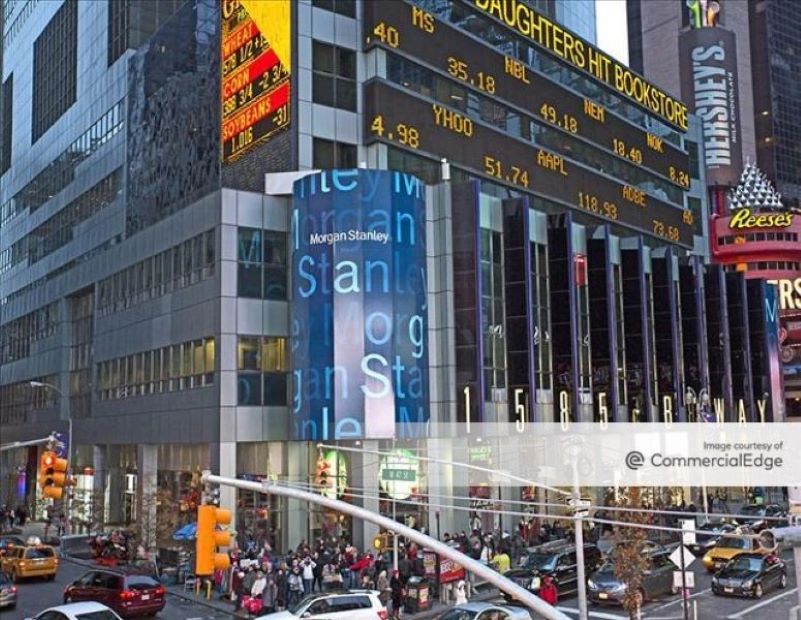Self Storage: The Pendulum Swings
Bill Bellomy, principal of Bellomy & Co., evaluates the current trends and challenges in the industry and offers his views on this growing specialty market.
The self-storage industry has experienced tremendous growth over the past decades and the business continues to expand. New supply pipeline reached a new peak in September. Nationally, planned and under construction projects account for 9.3 percent of total inventory, according to the latest Yardi Matrix self storage report.
Although the industry seems to be going strong, Principal Bill Bellomy of Bellomy & Co. believes that the pendulum is starting to swing away from new development. In an interview with Commercial Property Executive, Bellomy discussed the challenges and trends that influence the storage business across the U.S. and also spoke about his expectations going forward.
Which are the most active self-storage markets and what makes them attractive?
Bellomy: There are more equity chasing self-storage deals than deals available. As a result, all markets are extremely active. Certain investors want core, infill deals in top 20 MSAs by population. Other investors want more yield than afforded in top 20 MSAs and are willing to buy in non-core and secondary and tertiary markets. Ultimately, what makes markets most attractive are their long-term prospects for population and rental rate growth, barriers to entry and strong macroeconomic drivers.
What can you tell us about self-storage development in terms of supply and demand?
Bellomy: Real estate development is cyclical and the pendulum is starting to swing in the direction away from new development. It’s extremely tough to find good development sites because of too much supply. New storage facilities are not getting the rental rates pro-formed when they were capitalized 18-24 months ago.
What are the current challenges in the self-storage sector?
Bellomy: Scale and technology are making it harder and harder for small operators to compete. Consolidation continues to be a big theme. Property taxes are becoming problematic in many states, particularly in Texas. Interest rate and cap rate increases will squeeze out marginally capitalized developers and projects.
How do current economic trends impact the self-storage industry?
Bellomy: The consumer is strong and inundated with strong weekly economic news, thus they are more prone to pay higher rental rates and absorb price increases on existing rental rates. However, NOI growth is starting to slow as more and more facilities open, putting downward pricing pressure on storage rents and operators look to compete on price to lease new facilities.
Debt and equity capital is still cheap and aggressively looking to invest in self storage. For the first time in this cycle we are seeing development deals not pencil as rental rates soften, lease-up takes longer, construction debt gets more expensive and construction costs have inflated 20 percent.
 How are demographic shifts influencing the self-storage industry?
How are demographic shifts influencing the self-storage industry?
Bellomy: Demand for self-storage in urban infill areas continues to strengthen as more people want to live and work in 24/7 city centers. Boat and RV sales are up 22 percent over the last five years, so we will continue to see more development for that product in the suburbs. There is a race among operators and vendors to fully mobilize the leasing process: To find a facility, rent a unit, execute a lease and get access to your unit and facility all via a mobile device.
How do you see the self-storage industry evolve?
Bellomy: The larger operators will continue to grow and acquire facilities. Technology will make it harder and harder for small operators to compete.
There will be great buying opportunities from developers who capitalized deals two years ago on pro-forms that are not achievable. Additionally, I’m not sure if the drastic increase in construction costs is a short-term blip or a new structural norm, but it will be interesting to follow.
Image courtesy of Bellomy & Co.








You must be logged in to post a comment.